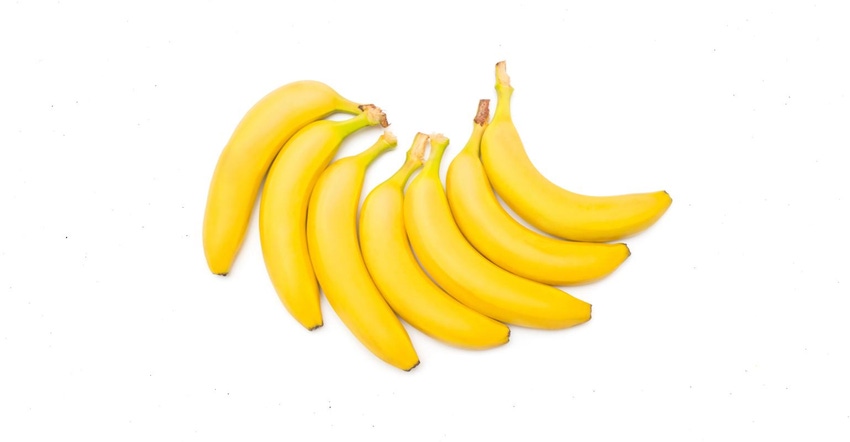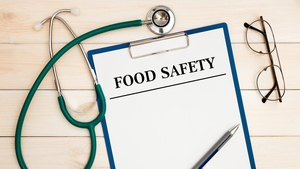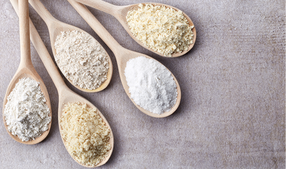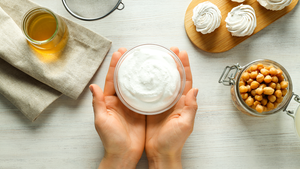Boosting intake of potassium-rich foods like bananas, avocados and salmon may help women combat the effects of high-sodium diets, according to a new research.

Women who consume high amounts of sodium may reduce their risk of high blood pressure if they also consume plenty of potassium, per a new study (Eur Heart J. 2022:ehac313).�
High-sodium diets can put consumers at risk of high blood pressure, which increases risk of cardiovascular disease (CVD) and stroke—two leading causes of death in the United States, according to the Centers for Disease Control and Prevention (CDC). Nearly half (44%) of U.S. adults with high blood pressure are women, CDC reported.
Limiting salt intake is one way to improve blood pressure, according to the American Heart Association (AHA), which recommends consuming no more than 2,300 mg of sodium per day—equivalent to a single teaspoon of table salt. Consuming fewer processed and packaged foods is another way to cut sodium intake, AHA advised.
For many consumers, cutting salt is a tall order. New research may offer a helpful solution: adding potassium-rich foods, which the new study, published in European Heart Journal, found may improve blood pressure in women with high-salt diets.
The study included 24,963 participants (11,267 men and 13,696 women) of the EPIC-Norfolk study, a population-based prospective cohort study of people recruited from general practices in Norfolk between 1993 and 1997. For the study, participants provided information about health and lifestyle via a questionnaire, completed a physical exam, and also provided blood and urine samples.
Results showed that potassium intake was inversely associated with blood pressure—as potassium intake went up, blood pressure went down. When participants were analyzed according to sodium intake—low, medium or high—researchers found the association between potassium and blood pressure only in women who consumed high amounts of sodium. For every 1-gram increase of potassium per day, researchers observed a a 2.4 mmHg drop in systolic blood pressure among this group.
Importantly, the association between potassium and blood pressure was not seen in men, underlining the need for sex-specific treatment of high blood pressure, researchers asserted.
“We demonstrate that the association between potassium consumption and both [systolic blood pressure] and CVD risk is sex specific,” researchers wrote. “Moreover, among women, the association between potassium intake and [systolic blood pressure] was modified by sodium intake.”
However, sodium intake didn’t affect the association between potassium intake and death or hospitalization caused by CVD, according to a nearly 20-year follow-up. During the follow-up period, 13,596 participants were hospitalized or died due to CVD. Men who consumed the highest amounts of potassium, compared to those with the lowest intake, were 7% less likely to experience a cardiovascular event. In women, risk was reduced by 11%.
“Both in men and in women, the association between potassium intake and CVD events was not modified by sodium intake,” researchers wrote.
About the Author(s)
You May Also Like






